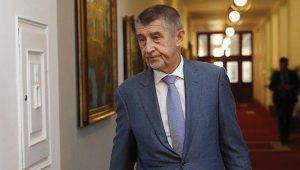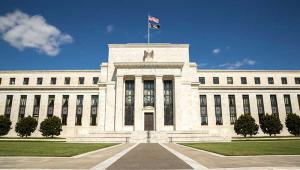A 2016 law aimed at reducing the cost of borrowing, expanding access to credit, and increasing the return on savings has had the opposite effect of what was intended, says the Fund.
Its working paper, Do Interest Rate Controls Work? Evidence from Kenya, will fuel debates about repealing the measure, which courts have ordered lawmakers to review.
In 2016 parliament capped interest rates at 4 percentage points above the central bank’s benchmark amid concern about high rates in an effort to help small traders access capital at affordable levels.
The move was opposed by the IMF and last August the Kenyan parliament ignored a Fund warning that the cap must be scrapped or modified in return for the renewal of a $989.8m standby arrangement.
In March this year Kenya’s High Court ruled that regulating bank interest rates is unconstitutional and disrupts the existing relationship between banks and their customers.
Judges suspended their ruling for 12 months to allow parliament to re-examine the law.
At the time of their introduction, the Kenyan interest rate controls affected more than half of all existing loans and deposits, and were considered to be among the most drastic ever imposed by a government.
In its working paper, the IMF says the cap has led to a collapse of credit to micro-, small, and medium enterprises and has shrunken the loan book of small banks.
It had, as a result, reduced GDP growth by between 0.25 and 0.75 percentage points annually.
Banks in the country say they cannot price risk to small and medium enterprises properly while the cap is in place, and so lending to the private sector has plummeted.
The central bank has also signalled that the cap had made it difficult to assess the effectiveness of monetary policy.
However, many lawmakers – who initially backed the law unanimously – continue to insist that they are not ready to remove the upper limit of commercial lending rates.














